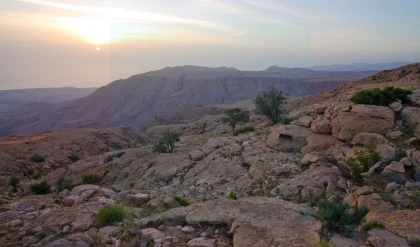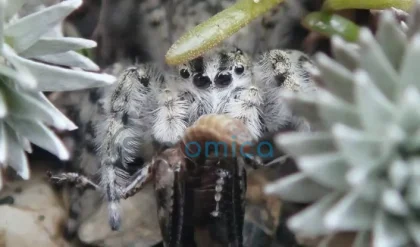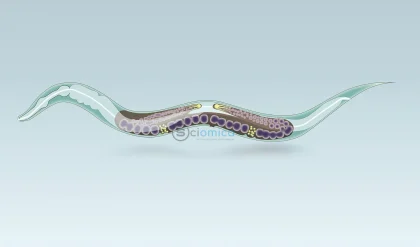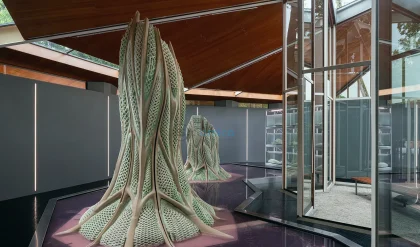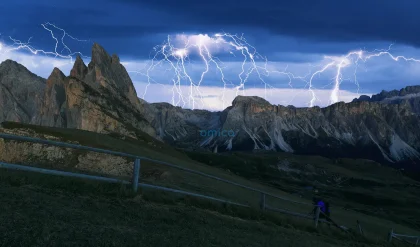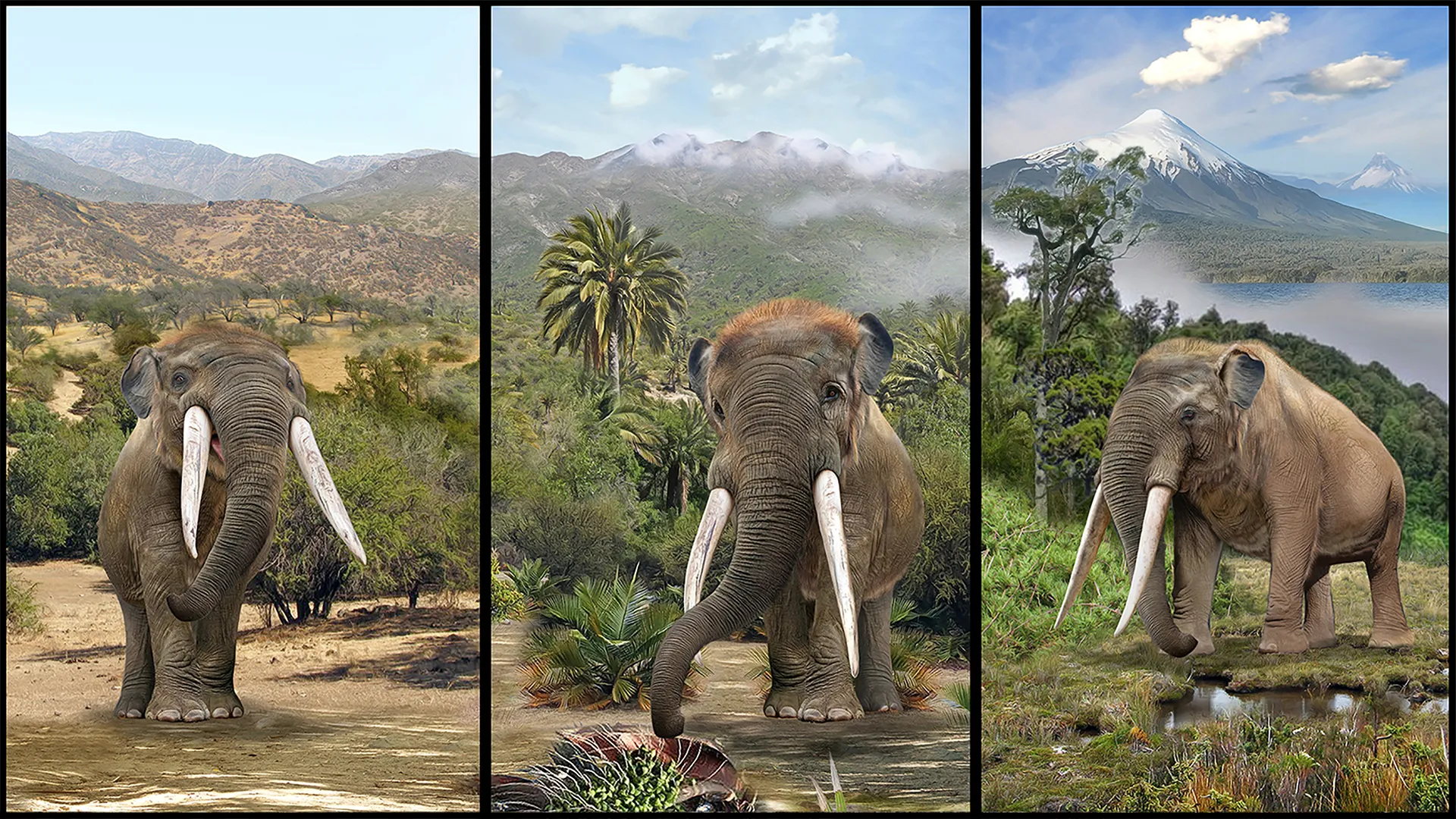
Ten thousand years ago, the South American landscape witnessed the extinction of mastodons, significant creatures that played a crucial role in seed dispersal for large-fruited plants. A groundbreaking study from the University of O’Higgins in Chile, with contributions from IPHES-CERCA, has presented direct fossil evidence confirming that these prehistoric elephant relatives were regular consumers of fruit and vital to many tree species. The disappearance of mastodons was not only a loss for zoology but also for botany, ecology, and evolutionary dynamics, as some plant species that depended on these animals for seed dispersal now face critical endangerment.
This research, published in the journal Nature Ecology & Evolution, offers the first tangible proof of frugivory in Notiomastodon platensis, a South American Pleistocene mastodon. The study relied on a multiproxy analysis of 96 fossil teeth collected from over 1,500 kilometers across Chile, with notable specimens sourced from the famed Lake Tagua Tagua area, a historical lake basin rich in Pleistocene fauna located in the O’Higgins Region.
At the helm of this research is Dr. Erwin González-Guarda from the University of O’Higgins, accompanied by an international team comprising specialists from various fields including Dr. Florent Rivals, a paleodiet expert; Dr. Carlos Tornero and Dr. Iván Ramírez-Pedraza, who specialize in stable isotopes and paleoenvironmental reconstruction; and Alia Petermann-Pichincura. The collaborative effort also included scholars from Universitat Rovira i Virgili and the Universitat Autònoma de Barcelona.
This study has finally validated a theory proposed in 1982 by biologist Daniel Janzen and paleontologist Paul Martin. They speculated that many tropical plants evolved large, sweet, and colorful fruits to entice large animals—like mastodons and other megafauna—to serve as seed dispersers. For over four decades, this “neotropical anachronisms hypothesis” awaited confirmation. The research led by González-Guarda utilized advanced methods such as isotopic analysis, microscopic dental wear diagnostics, and fossil calculus examinations. Florent Rivals articulated the significance of their findings, highlighting the discovery of starch residues and plant tissues from fleshy fruits like those of the Chilean palm (Jubaea chilensis), which confirms these animals’ regular fruit consumption and their essential contribution to forest ecosystems.
The implications of this study extend to understanding the ecological niche that mastodons once filled. Through stable isotope analysis, the researchers reconstructed the mastodons’ forested habitat, revealing rich fruit resources and suggesting that mastodons traveled significant distances, dispersing seeds along their path. This ecological role has yet to be replaced in modern ecosystems.
The loss of mastodons severed a long-standing co-evolutionary relationship, with grave consequences still evident today. The team utilized machine learning to analyze the current conservation status of megafauna-dependent plant species in South America, unveiling distressing results: 40% of these species in central Chile are now threatened, a figure four times higher than in tropical areas where animals like tapirs continue to function as seed dispersers. Andrea P. Loayza, a co-author of the study, underscored the lasting impact of this disrupted relationship.
Notably, species such as the gomortega (Gomortega keule), the Chilean palm, and the monkey puzzle tree (Araucaria araucana) survive in dwindling, fragmented populations exhibiting low genetic diversity, representing remnants of a bygone ecological interaction.
In conclusion, the findings of this study extend beyond paleontology and delve into conservation. Florent Rivals stressed the importance of understanding historical ecosystems to tackle present ecological challenges, asserting that paleontology is key to recognizing what has been lost and what might still be preserved.
Reference:
- Erwin González-Guarda, Andrea P. Loayza, Ricardo A. Segovia, Florent Rivals, Alia Petermann-Pichincura, Iván Ramírez-Pedraza, Lidiane Asevedo, Carlos Tornero, Rafael Labarca, Claudio Latorre. Fossil evidence of proboscidean frugivory and its lasting impact on South American ecosystems. Nature Ecology & Evolution, 2025; DOI: 10.1038/s41559-025-02713-8

